2020. 04NGS
Polymorphisms and rare variants identified by next-generation sequencing confer risk for lung cancer in han Chinese population
Li Xiaoqi, Liu Jinsheng, Wang Ke, Zhou Juan, Zhang Hang, Zhang Mancang, Shi Yongyong
阅读全文
ABSTRACT
Background: Lung cancer is one of the leading causes of cancer death worldwide, and genetic risk factors account for a large part of its carcinogenesis. The low economic requirements and high efficiency of next-generation sequencing (NGS) make it widely used in detecting genetic alterations in pathogenesis.
Methods: We performed targeted panel sequencing in 780 Han Chinese lung cancer patients using a commercial probe, and the correlations between dozens of susceptible sites were verified in 1113 healthy controls. This study used Fisher's exact test and Benjamini-Hochberg FDR correction to analyze the mutual exclusion between mutated genes, and Pearson's p was used to verify the correlations between mutations and lung cancer susceptibility.
Results: Our results determined the mutation spectrum and showed that each lung cancer patient carried at least one DNA mutation. The most frequently mutated gene was BRCA2 (mutation rate,10.6 %.). The co-occurrence and mutual exclusion analysis of DNA damage related genes showed that gene ATM was mutually exclusive from MSH6. We conducted a further case-control study in different subtypes of lung cancer and the results described 14 mutations associated with adenocarcinoma, 9 with squamous cell carcinoma, and 4 with small cell lung cancer. These variants were novel de-novo germline mutations in lung cancer. Particularly, rs3864017 in FANCD2 showed a protective effect of lung adenocarcinoma for carriers (OR=0.146, 95 % CI=0.052∼0.405, Padjusted=3.37×10−4).
Conclusions: 18 candidate mutations might alter the risk of lung cancer in the Han Chinese population, including polymorphisms rs3864017(FANCD2), rs55740729(MSH6) and 16 rare variants. The underlying mechanisms of candidate genes in lung cancer remain unclear and we suggest more functional studies on exploring how these genes affect the risk of lung cancer.
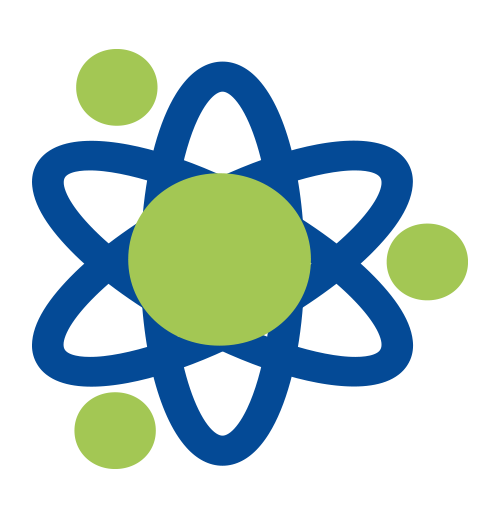 NGS杂交捕获DNA探针 人全外显子组探针4.0肿瘤版 人全外显子组探针4.0核心版 QuarStar 94基因泛肿瘤Panel 3.0 QuarStar 176基因泛肿瘤Panel 3.0 QuarStar 227基因融合Panel 1.0 QuarStar 515基因泛肿瘤Panel 1.0 杂交捕获RNA探针 人全外显子组探针3.0 HRD panel 建库试剂 DNA建库试剂盒 片段化试剂 磁珠法捕获mRNA试剂盒 rRNA去除试剂盒 QuarPro T4连接酶 杂交捕获试剂 DNA探针快速杂交捕获试剂 DNA探针杂交捕获试剂V2版 DNA探针杂交捕获试剂 RNA探针一管式过夜杂交试剂 RNA探针快速杂交捕获试剂 接头体系 封闭液系统 扩增子NGS BRCA超多重引物 超多重PCR试剂盒2.0 PathoSeq 450病原库 配套试剂 链霉亲和素磁珠 设备与软件 iQuars 50自动化工作站
NGS杂交捕获DNA探针 人全外显子组探针4.0肿瘤版 人全外显子组探针4.0核心版 QuarStar 94基因泛肿瘤Panel 3.0 QuarStar 176基因泛肿瘤Panel 3.0 QuarStar 227基因融合Panel 1.0 QuarStar 515基因泛肿瘤Panel 1.0 杂交捕获RNA探针 人全外显子组探针3.0 HRD panel 建库试剂 DNA建库试剂盒 片段化试剂 磁珠法捕获mRNA试剂盒 rRNA去除试剂盒 QuarPro T4连接酶 杂交捕获试剂 DNA探针快速杂交捕获试剂 DNA探针杂交捕获试剂V2版 DNA探针杂交捕获试剂 RNA探针一管式过夜杂交试剂 RNA探针快速杂交捕获试剂 接头体系 封闭液系统 扩增子NGS BRCA超多重引物 超多重PCR试剂盒2.0 PathoSeq 450病原库 配套试剂 链霉亲和素磁珠 设备与软件 iQuars 50自动化工作站 RNA合成sgRNA miRNA siRNA
RNA合成sgRNA miRNA siRNA



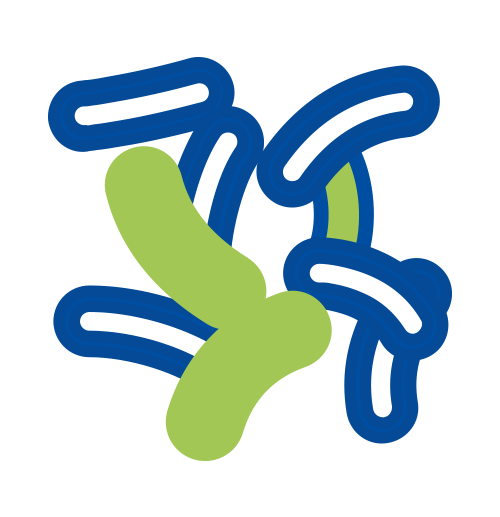 引物与探针
引物与探针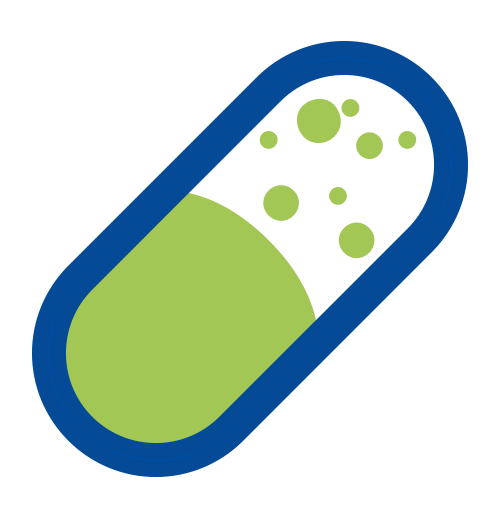 基因合成
基因合成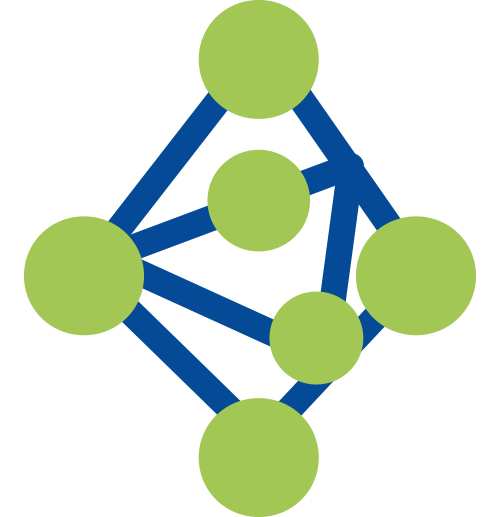 寡核苷酸池
寡核苷酸池 CRISPR sgRNA定制文库
CRISPR sgRNA定制文库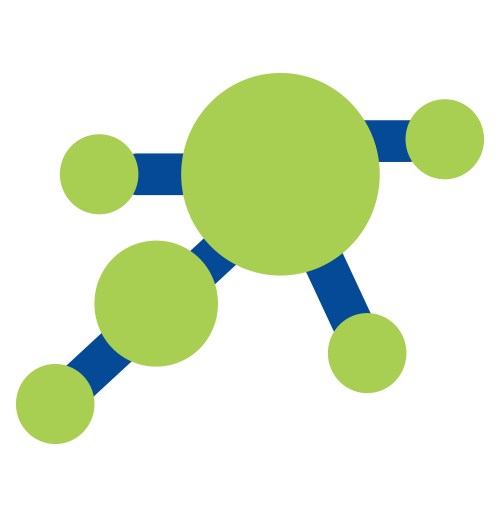 抗体库
抗体库 突变体库
突变体库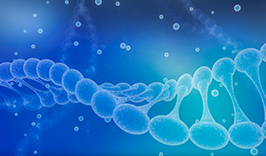
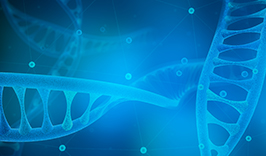

 电话:400-017-9077
电话:400-017-9077 地址:上海市闵行区光华路248号5号楼2楼
地址:上海市闵行区光华路248号5号楼2楼 邮箱:
邮箱:







